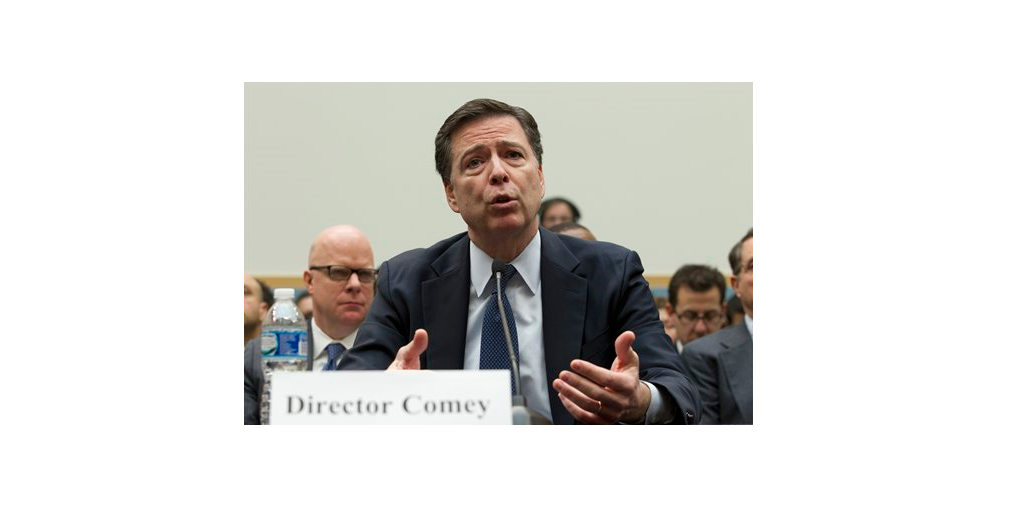
AP photo
In a brief op-ed in the Wall Street Journal last week, FBI Director James Comey defended the agency’s intentions in its high profile case against Apple and refuted claims the agency is maneuvering to lay the groundwork for future cases.
According to Comey, the Apple case “was and is about fully investigating a terrorist attack” and is “not about trying to send a message or set a precedent.”
Additionally, Comey said those who claim the FBI and the Justice Department lied about their ability to access the device in question are “simply wrong.”
Comey said the high profile nature of the FBI’s case against Apple – in which it is requesting Apple’s help to crack the locked iPhone 5c of one of the San Bernardino shooters – has drawn the attention of “creative people around the world to see what they might be able to do.” The result, he said, is that multiple entities came forward with potential solutions that might allow the FBI to get into the phone without Apple’s help.
“I’m not embarrassed to admit that all technical creativity does not reside in government,” Comey wrote. “Lots of folks came to us with ideas. It looks like one of those ideas may work and that is a very good thing.”
Comey’s letter came in response to a slew of criticism of the FBI following its unexpected about-face last week just ahead of a scheduled hearing with Apple on Monday. Though it had previously insisted Apple had the “exclusive technical means” to open the device, the FBI said an unnamed third party had presented a potential solution and requested a delay of the hearing to test the technology.
Though the source of the potential hack has not yet been confirmed, reports have indicated the company behind the technology could be Israel-based mobile forensics company Cellebrite.
Magistrate Judge Sheri Pym granted the request. The FBI must report back with the results of its tests next week.




